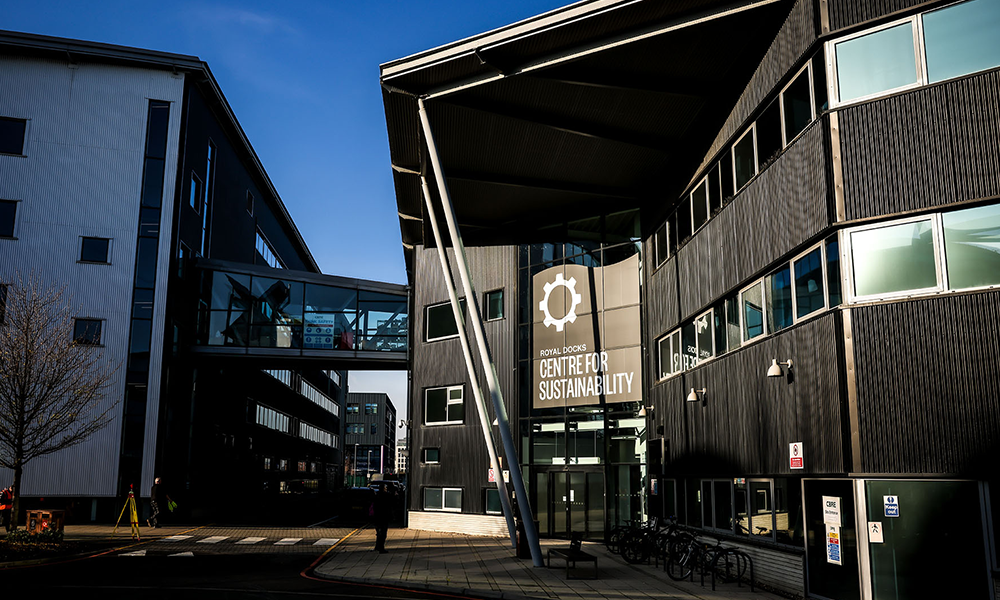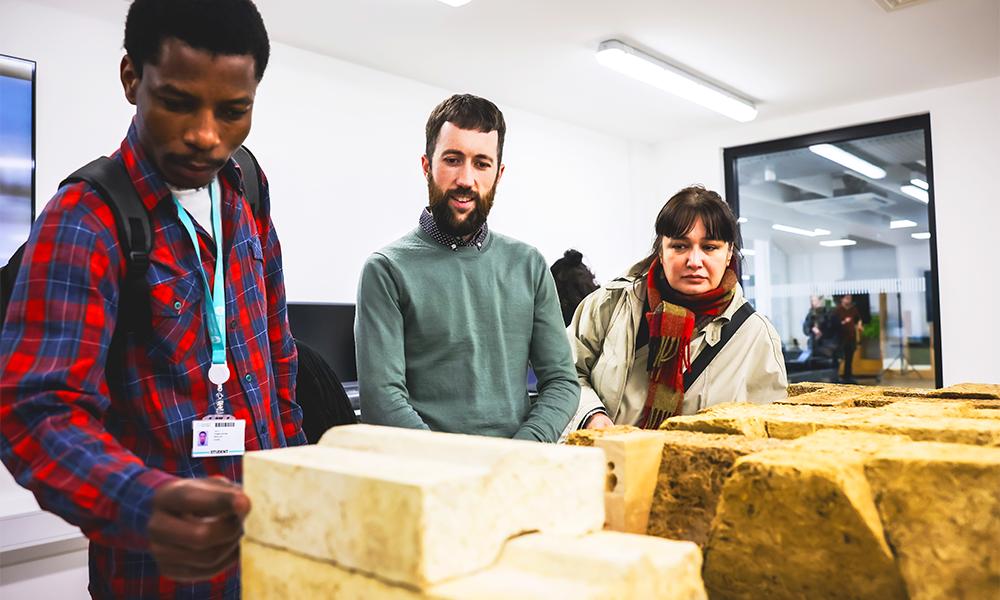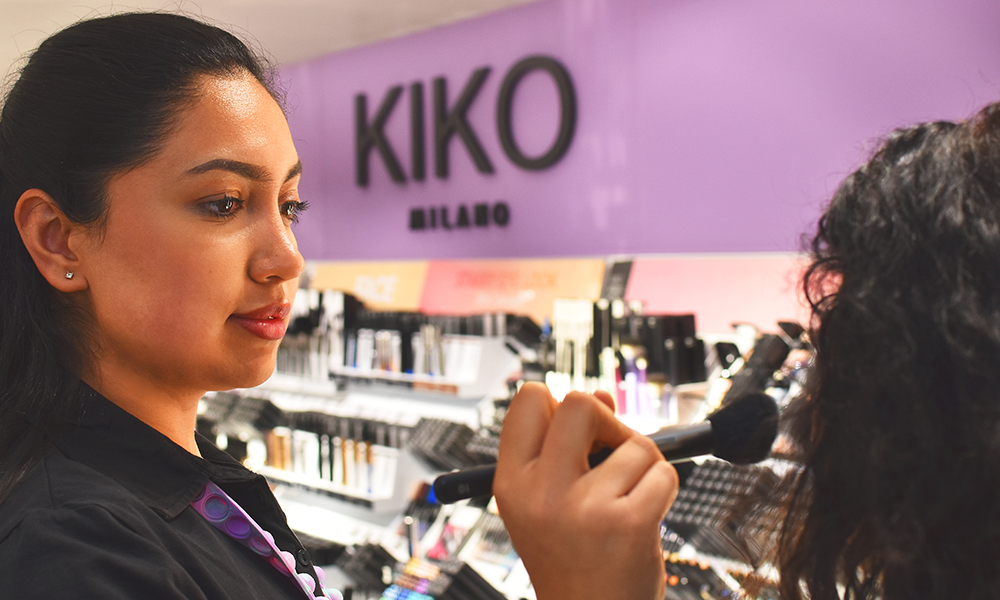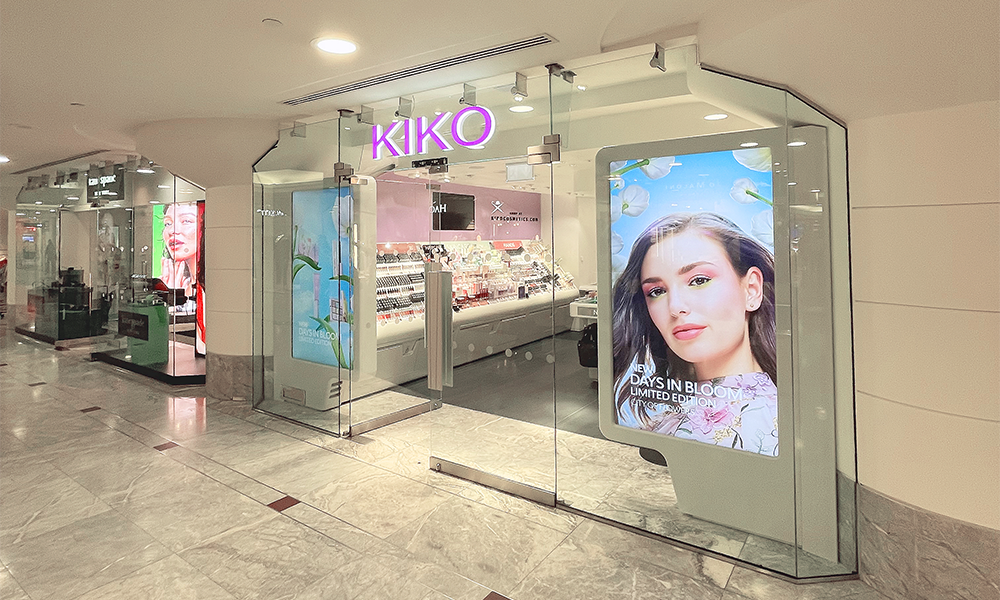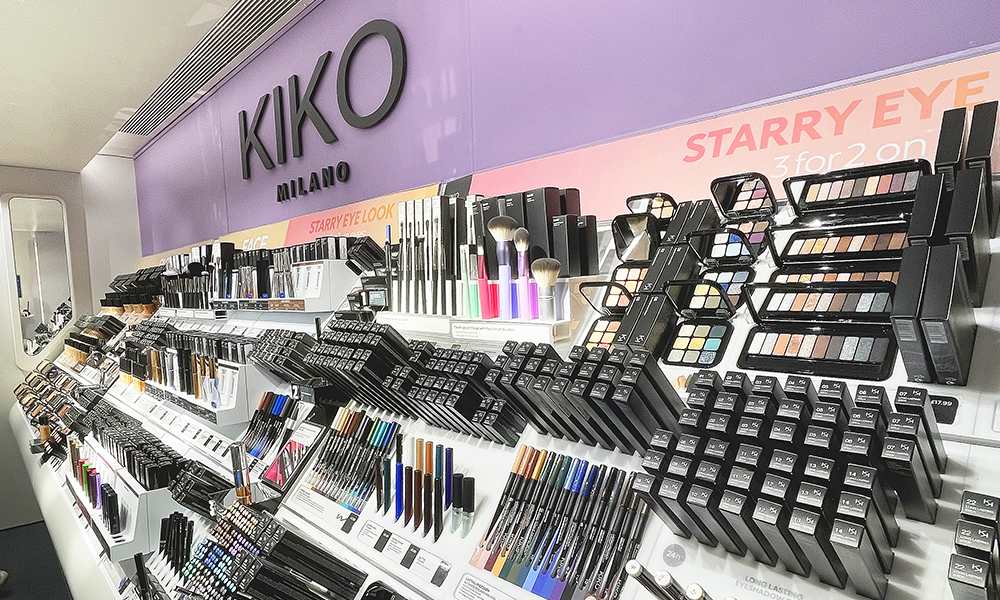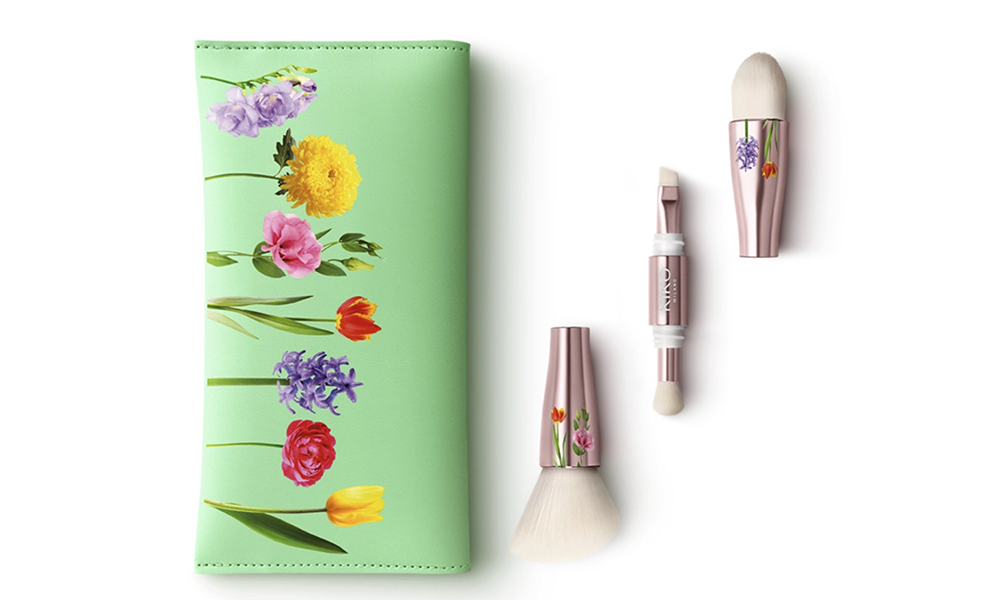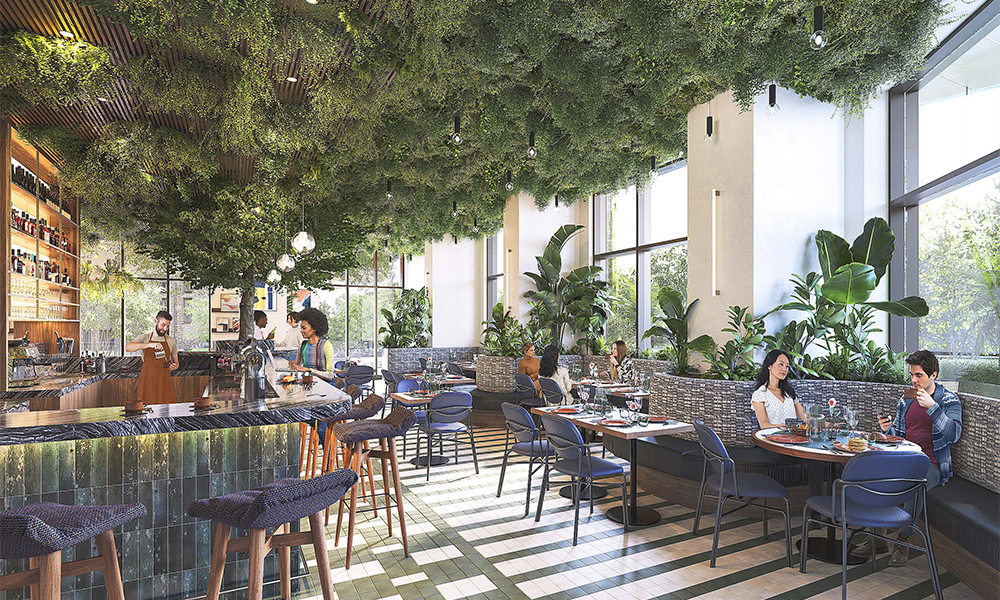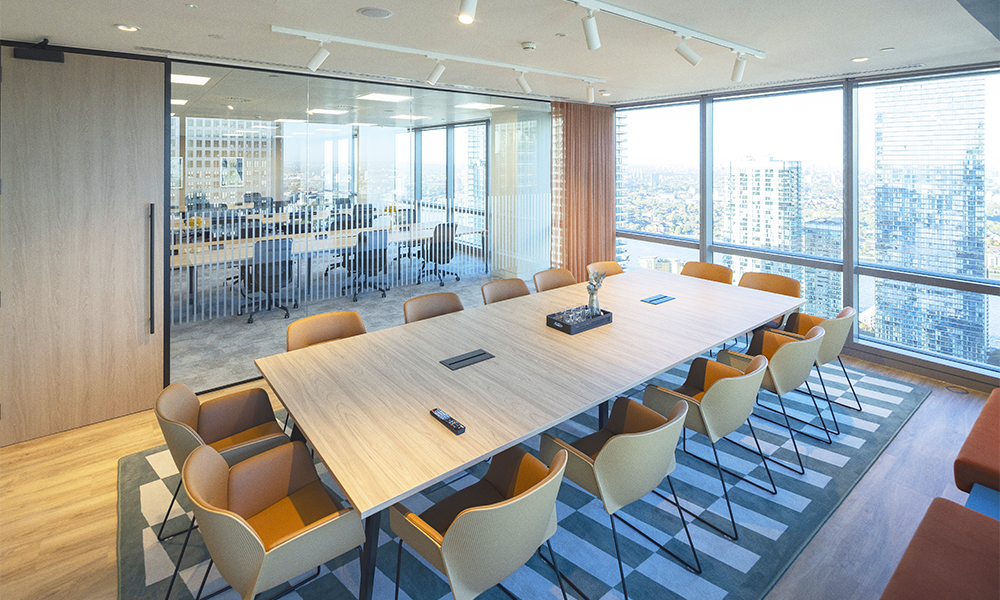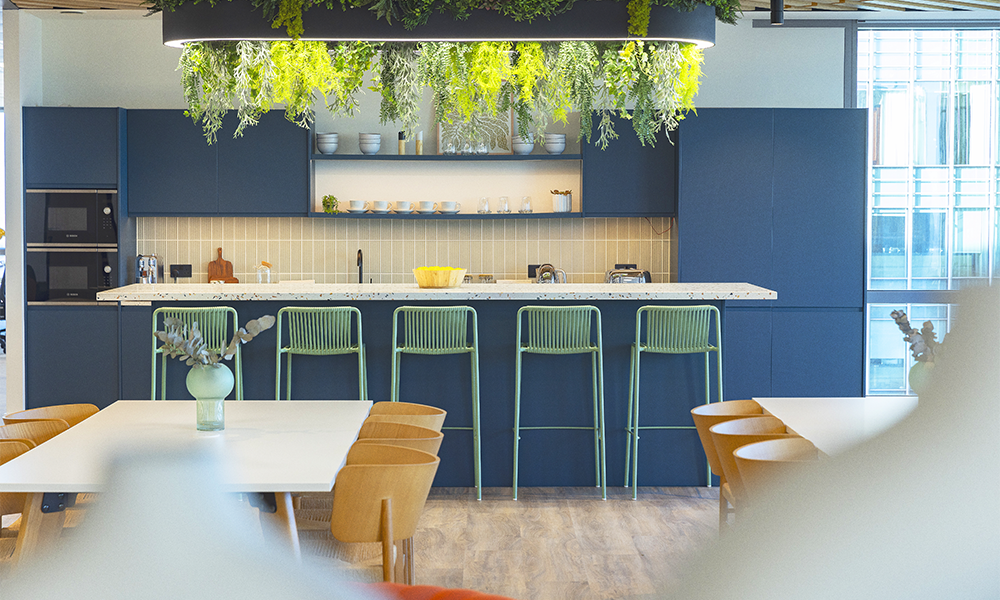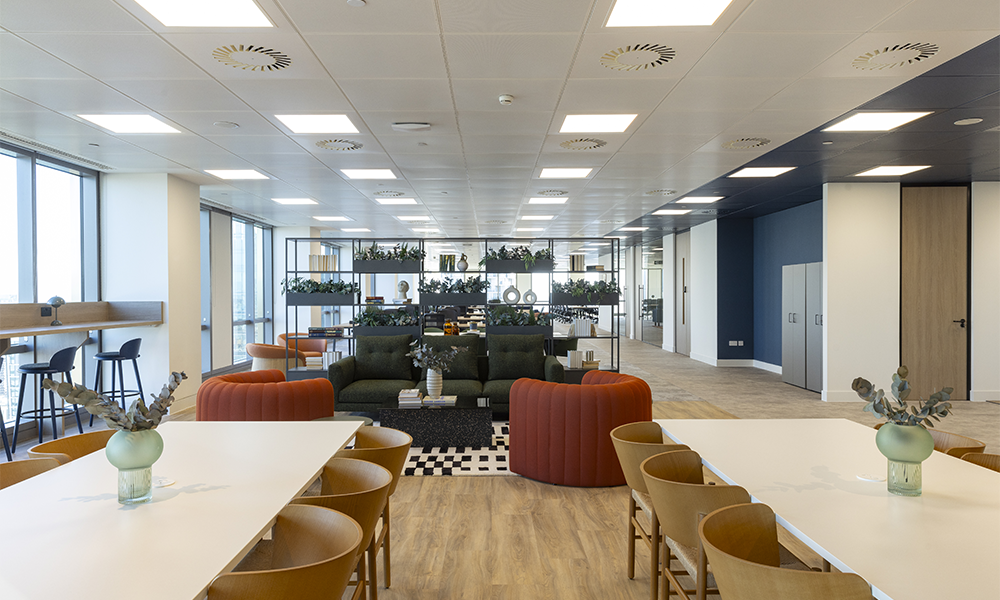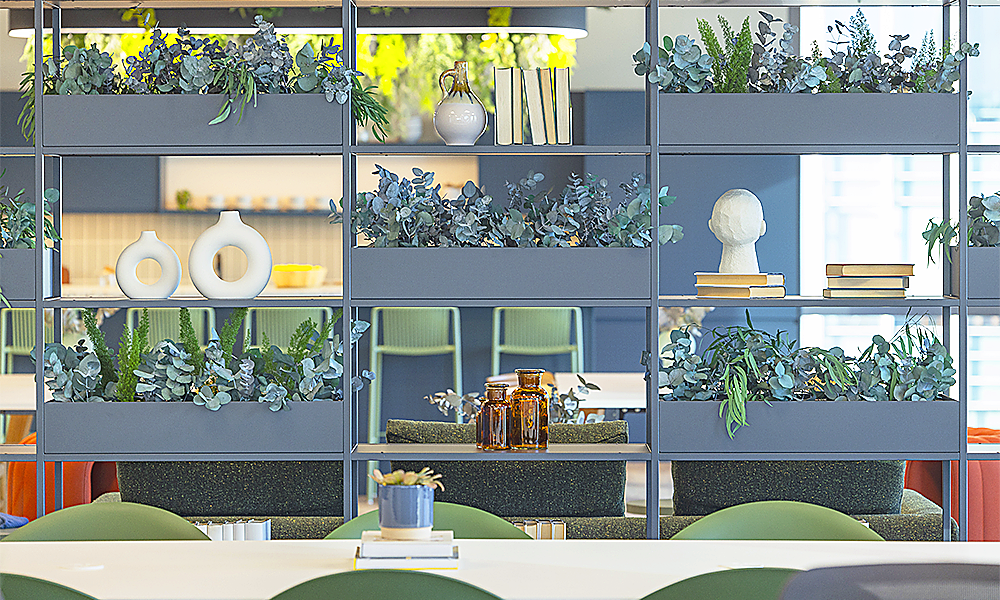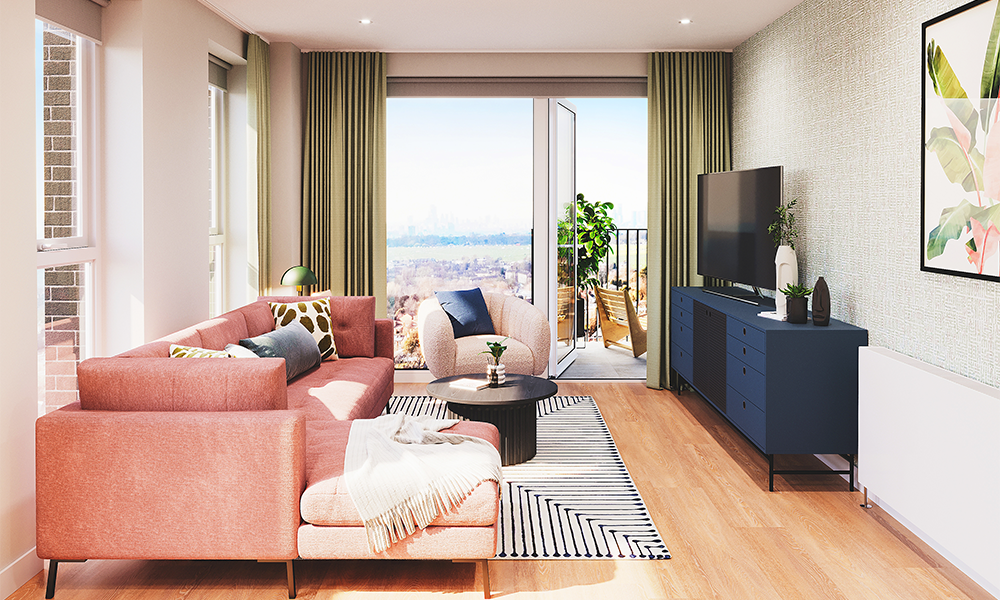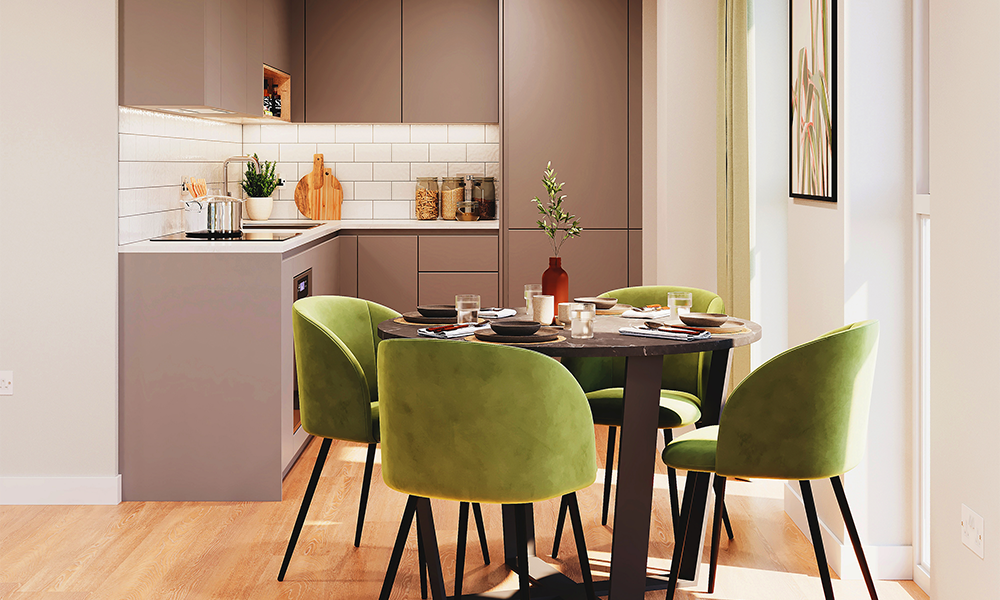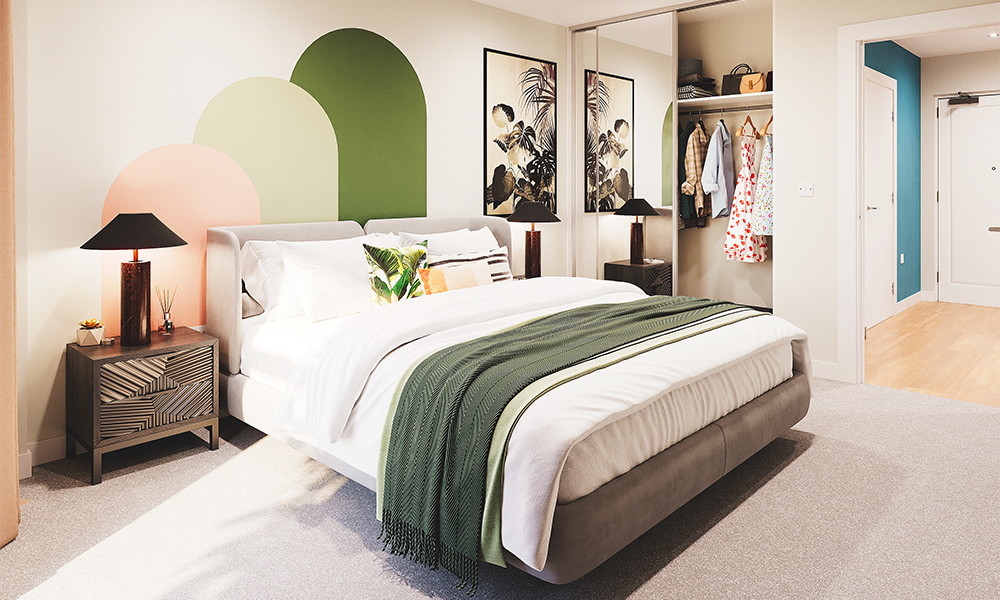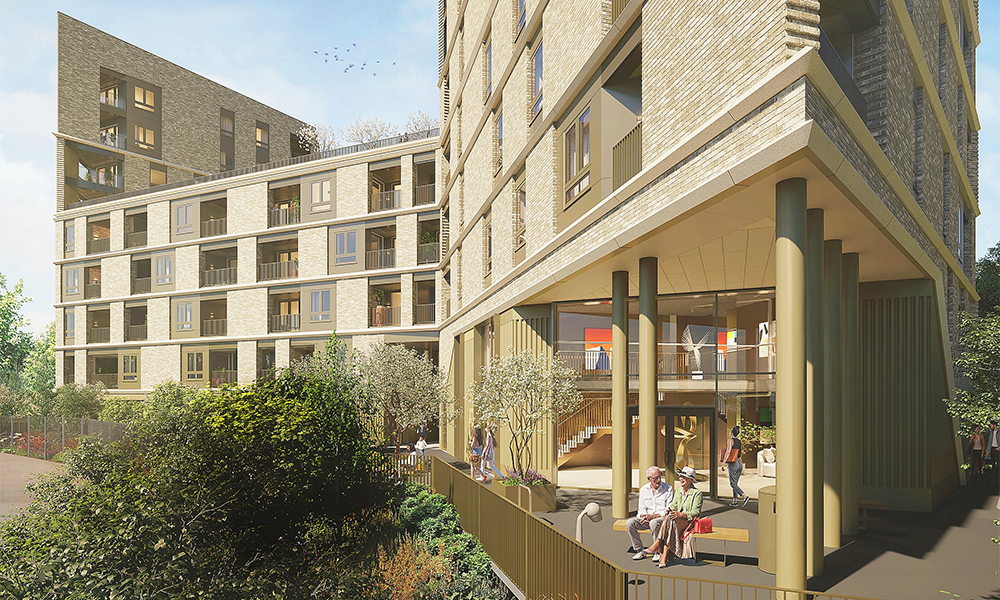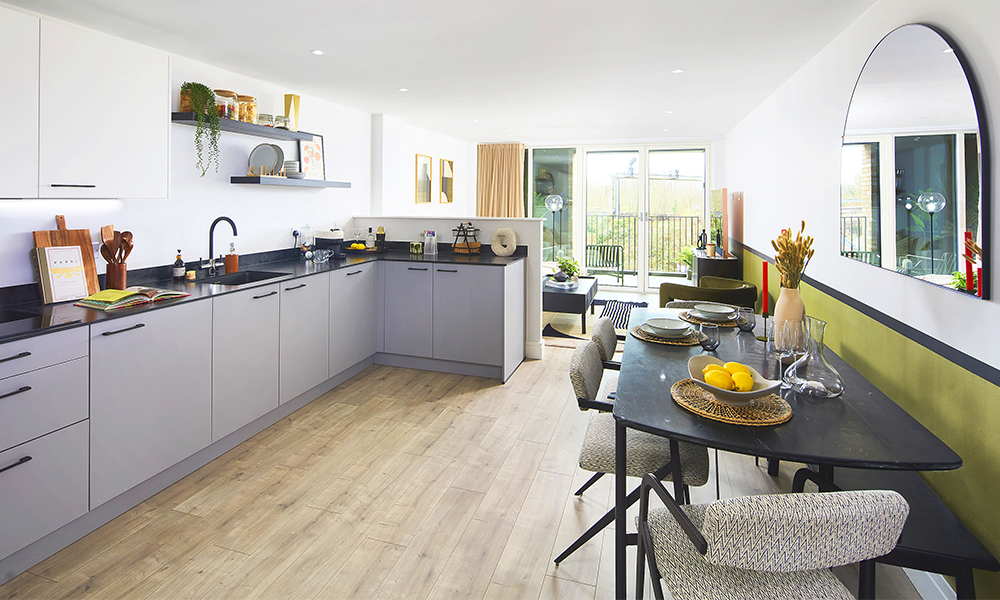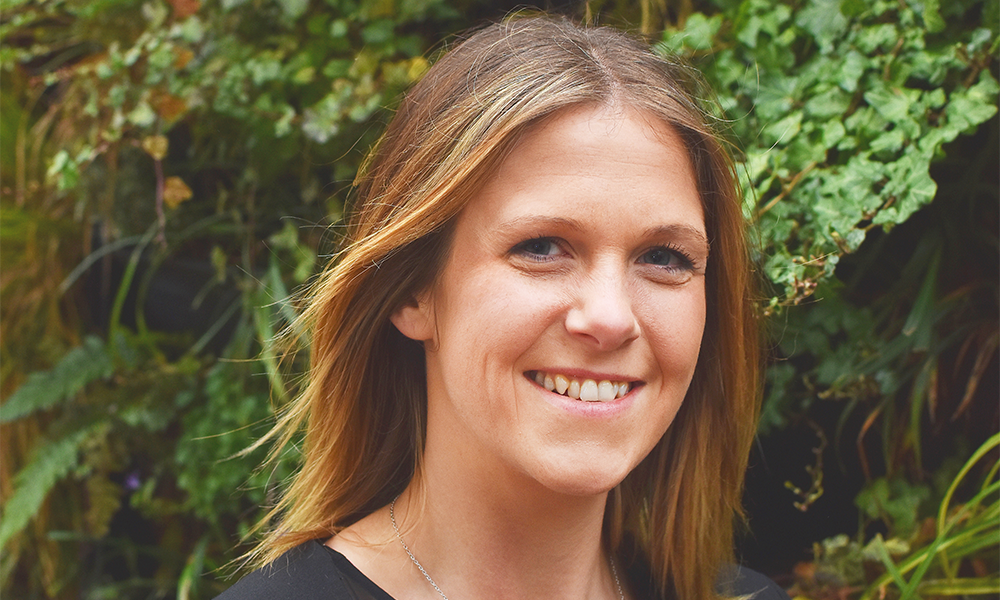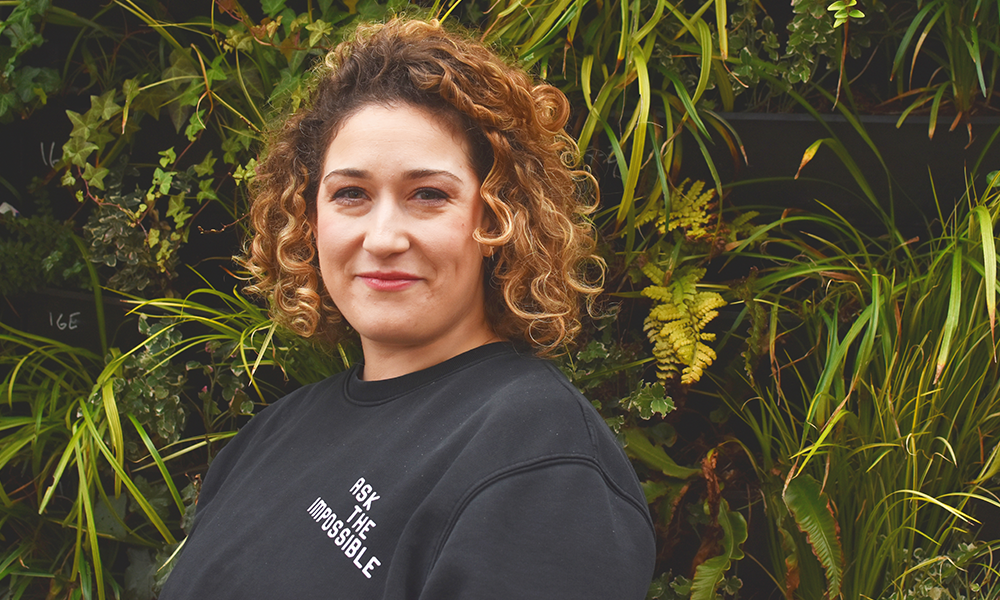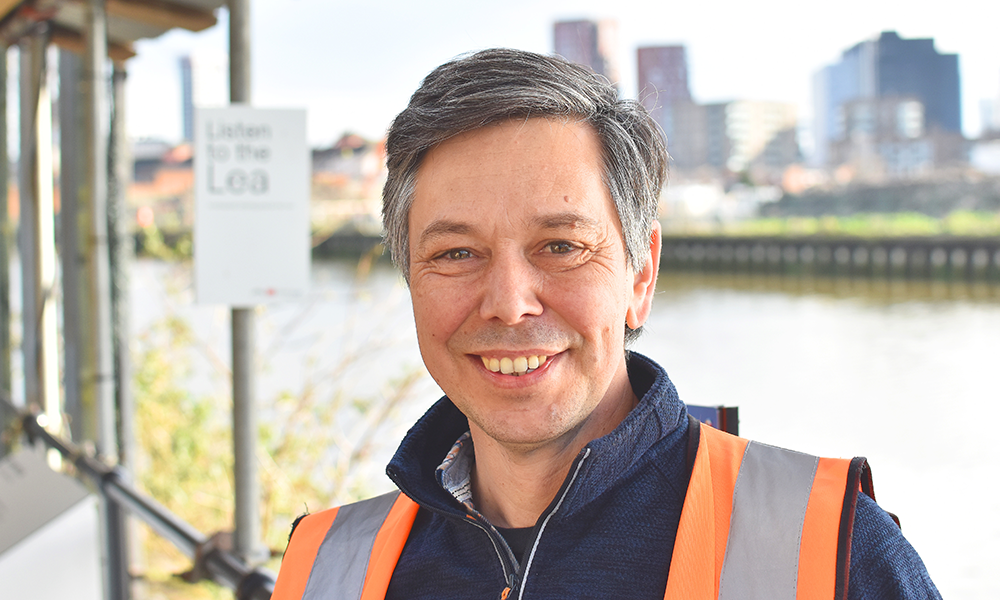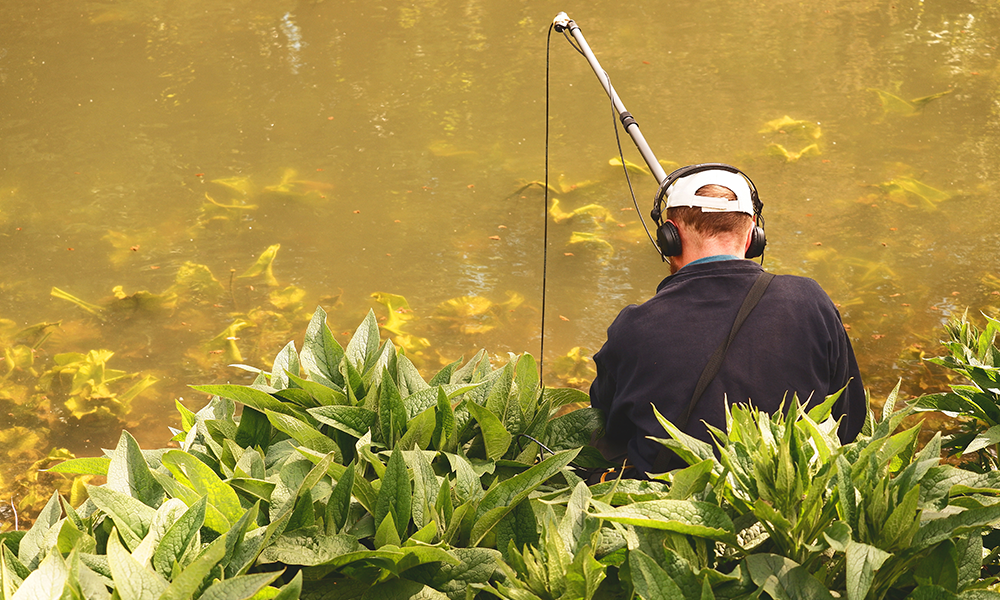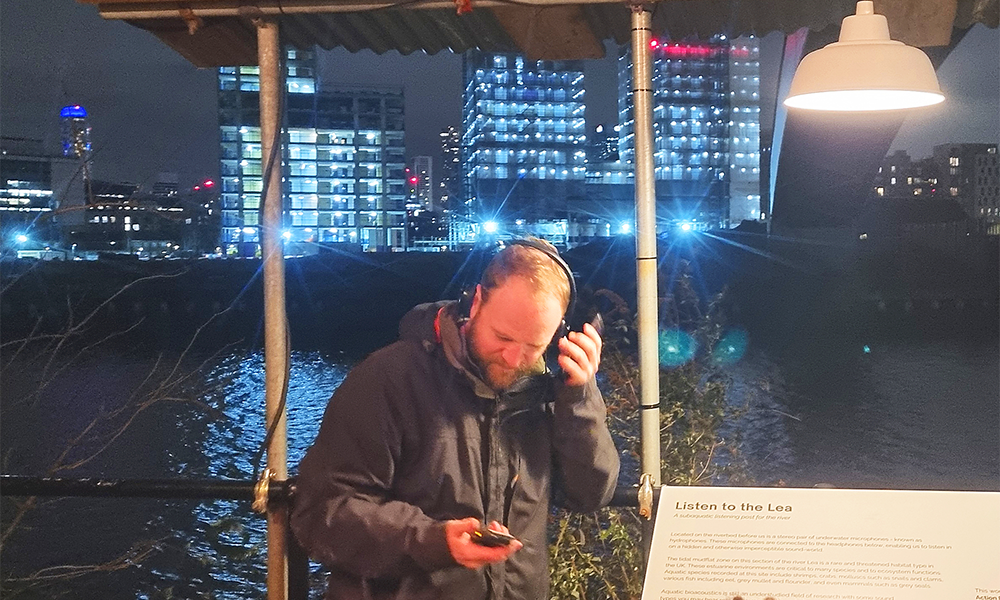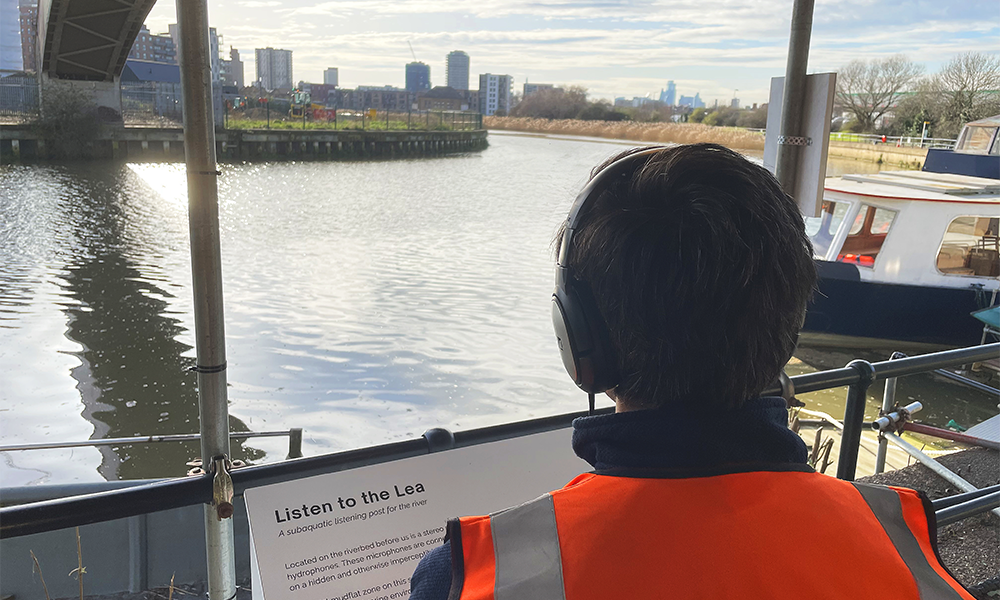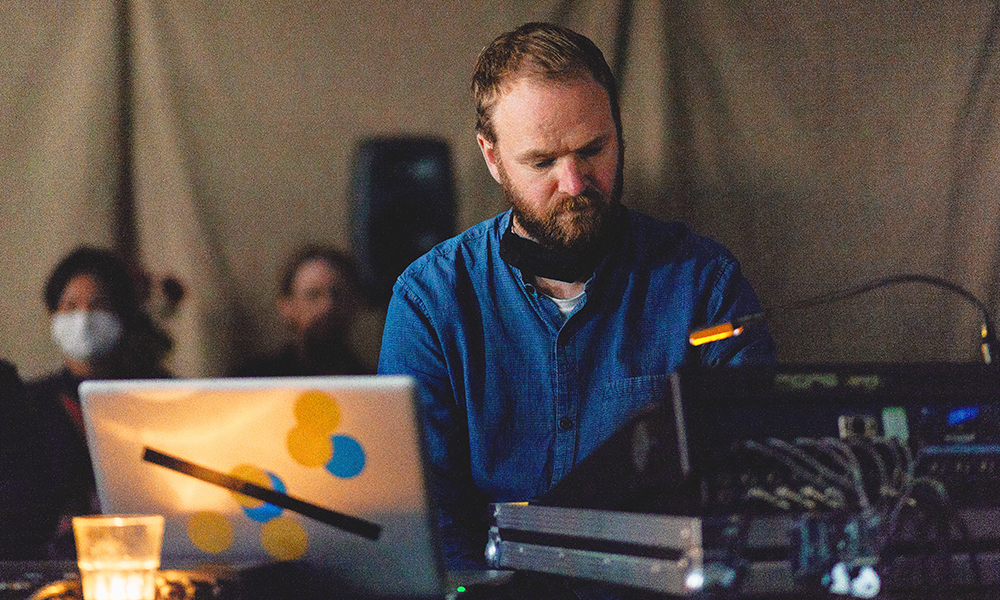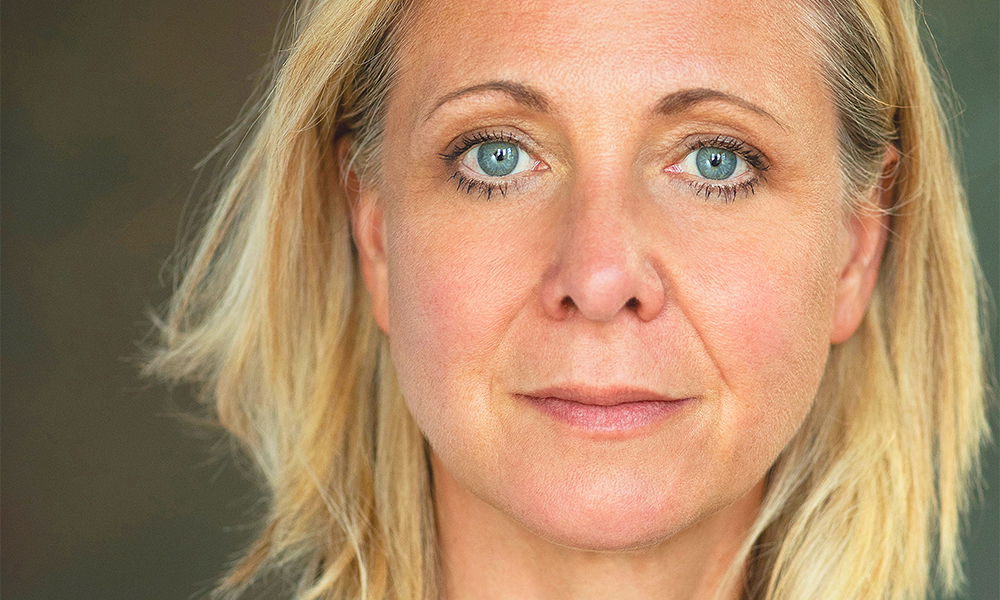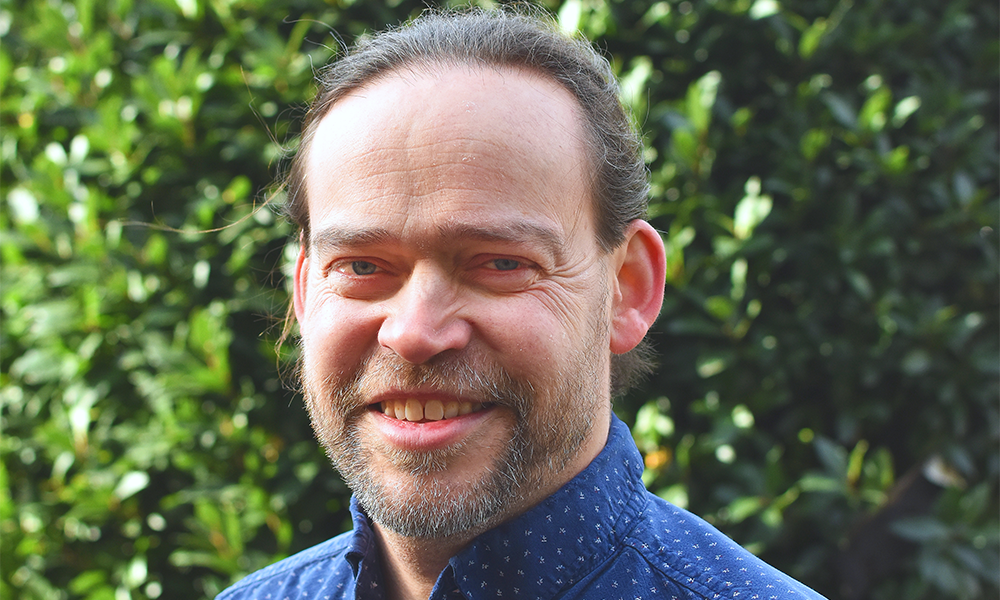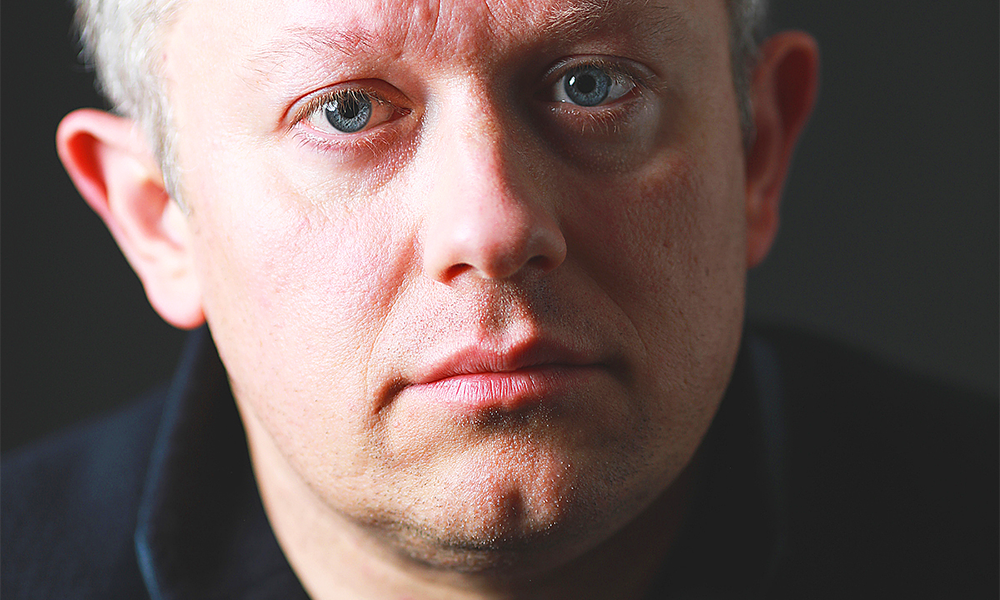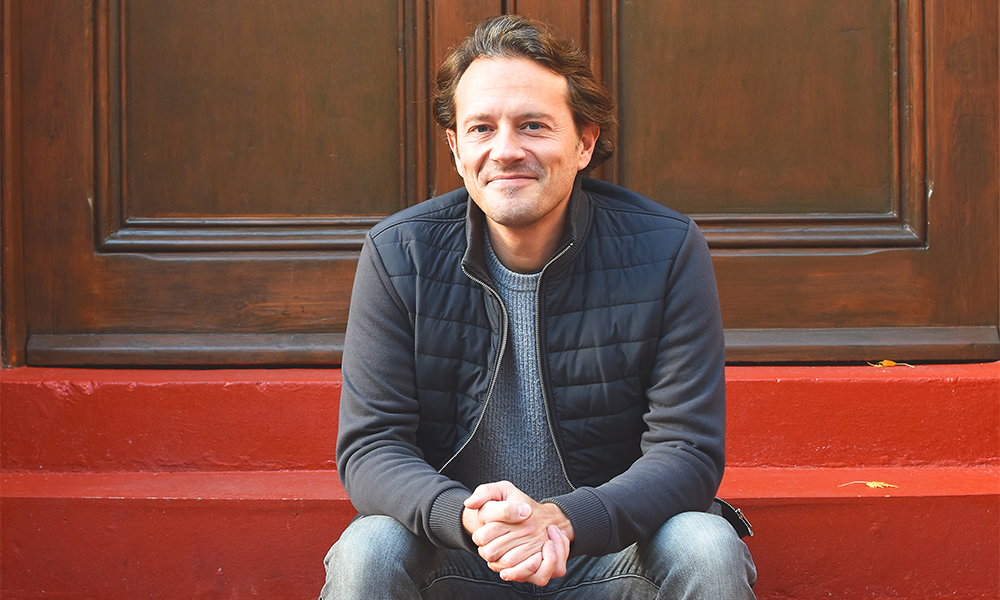Senior art director Ellie Reilly talks trends and quality as men opt for longer hair and women experiment with shorter locks for 2024

Subscribe to our free Wharf Whispers newsletter here
Ellie Reilly knows hair.
Trained at Vidal Sassoon, she comes from a family of hairdressers and has spent more than a decade honing her skills.
When Jon Hala opened his salon in Canary Wharf’s Jubilee Place, she was a natural choice for his team and currently works for the business as a senior art director.
“Initially I fell into the industry,” she said.
“I originally thought I didn’t want to follow everyone else in my family into it, but as soon as I tried it, that was me done.
“I’m a hairdresser and I absolutely love it.
“My nan had a salon in east London and I’ve got aunts and uncles who all followed in the family tradition.”
Ellie specialises in cutting hair, which makes her the ideal person to talk about shorter styles, which are becoming increasingly popular among her female clients, just as men experiment with slightly longer locks.
“To do my job, you need good fundamental training, lots of practice and to have a passion for it,” said Ellie.
“It’s as much about dealing with people as it is their hair, having that confidence to know what will suit the shape of someone’s face.
“Men, especially, look for guidance – they like someone to tell them what complements their face shape, the texture of their hair and their lifestyle.
“At Jon Hala London I cut a lot of men’s hair and I’m happy to be direct if that’s what the client wants – I can tell them what is going to work and why.
“It’s why I’ve built up a lot of loyal clients who come back again and again.
“One thing is you don’t necessarily want to follow the trends – do a short back and sides or get the clippers out and shave everything off.
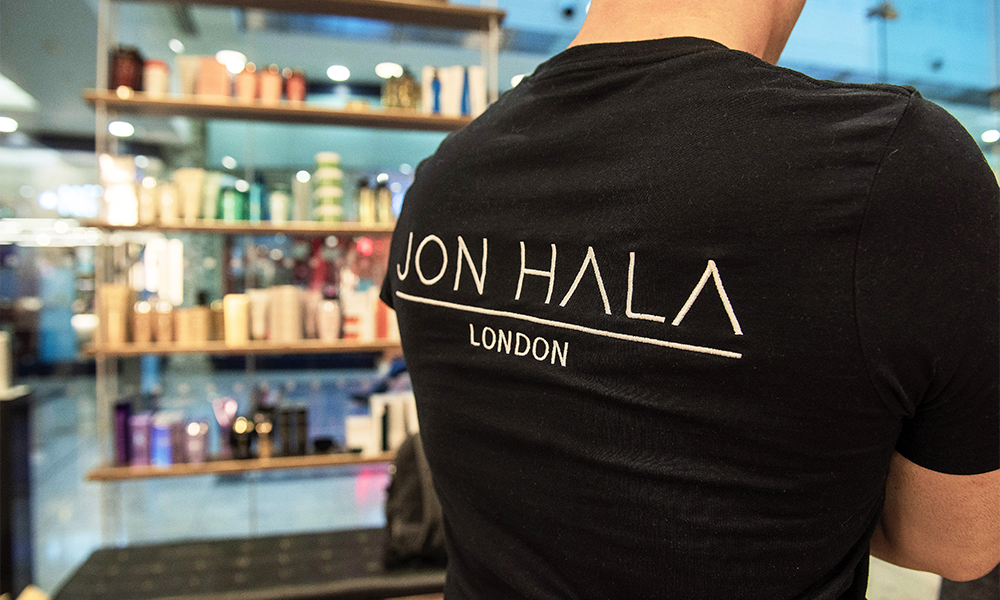
“Men often want something that’s easy to care for and style, that suits them and doesn’t need a lot doing to it.
“At the salon, customers will find great people who have been in the industry for a long time, so they know how to cut hair to suit an individual.
“We go deeper than simply looking at clients, we explore their lifestyle, job and how that relates to their hair.
“It’s tailored haircuts for individuals.
“Everyone is different and everyone has different hair. Our training actually starts with bone structure so you can understand why a person’s hair does what it does.”
Ellie said the effect of the various lockdowns had left men open to experimenting with different styles, having (in some cases) seen their hair grow out for the first time in years.
“Some of them discovered they had looks they’d never really seen before, like amazing curls,” she said.
“Many more of my clients are trying longer hair or mid-length styles rather than opting for that close-clipped look.
“Lockdown did good things for male hair, it allowed people to see what they had naturally.
“Some might be a bit daunted to walk into somewhere like Jon Hala, but I’d encourage them to just come and have a chat.
“If you don’t know what you want or you’re looking for a change, book a consultation and we can give you that advice.”
The technical expertise that Ellie has accrued over the years is equally applicable to women’s hair, an area that post-pandemic has seen an almost reciprocal effect.
With many having gone long over the previous couple of years, a fashion for shorter styles is emerging.
“For a while no-one was really cutting their hair,” said Ellie.
“So now people have become bored with that and have decided to try new things. There are lots of bobs and pixie cuts already this year.
“It’s the same with men and women. The important thing about these styles is they have to suit the individual’s face.

“Men tend to have squarer faces so the hair needs to reflect those shapes.
“Women are often more rounded, so you want a style that’s softer or more feminine.
“The one thing I would say when it comes to short hair is the better the haircut, the longer it will last.
“At Jon Hala, we cut the hair so that it will keep its shape as it grows out.
“That means it can last three, four or even five months.
“It’s about knowing the tricks and techniques.
“For example, with male clients I might take a little more off the back and sides because I know they will grow out more quickly than the hair on top.
“That’s the difference when you come to a salon like this – you’re getting a tailored, high quality, technical cut.”
In addition to the cut, appointments at Jon Hala include advice and tips on caring for and styling a client’s hair.
“We have a wide variety of products and I’ll always go through what I’m using with a client and why,” said Ellie.
“We can always suggest what will work well for people and offer advice on what they’re already using.
“Everyone at the salon is trained, so when someone comes here they can tap into all of that expertise.

“When a client comes to see me, I want them to feel comfortable, special and like they’re the only person in the salon.
“It’s both that experience and the quality of the haircut that we focus on.
“We want people to leave thinking that they will tell their friends and relatives about their visit so they can come and see us too.
“I’ve been so pleasantly surprised by Canary Wharf.
“From an outsider’s point of view, I think people associate it with business and offices.
“While I grew up in east London as a kid and then moved out, I’d had no experience of working here before Jon, who I’ve known forever, asked me to join his team.
“It’s not what I expected at all. I’ve worked all over London including salons in Mayfair, but this really is people-wise the nicest area I’ve ever experienced.
“I have the loveliest clients, really interesting people, and it’s a very mixed area.
“We have clients of all ages coming to the salon and you end up befriending lots of people.”
need to know
Jon Hala London is located in Canary Wharf’s Jubilee Place. Ladies cut and blow-dry starts at £75, while men’s start at £50.
The salon offers a comprehensive range of hair and beauty treatments and is open for appointments from Monday to Saturday.
Find out more about Jon Hala London here
Read more: Why MadeFor office space in Canary Wharf is a vital part of its offering
Read Wharf Life’s e-edition here
Subscribe to our free Wharf Whispers newsletter here
- Jon Massey is co-founder and editorial director of Wharf Life and writes about a wide range of subjects in Canary Wharf, Docklands and east London - contact via jon.massey@wharf-life.com





